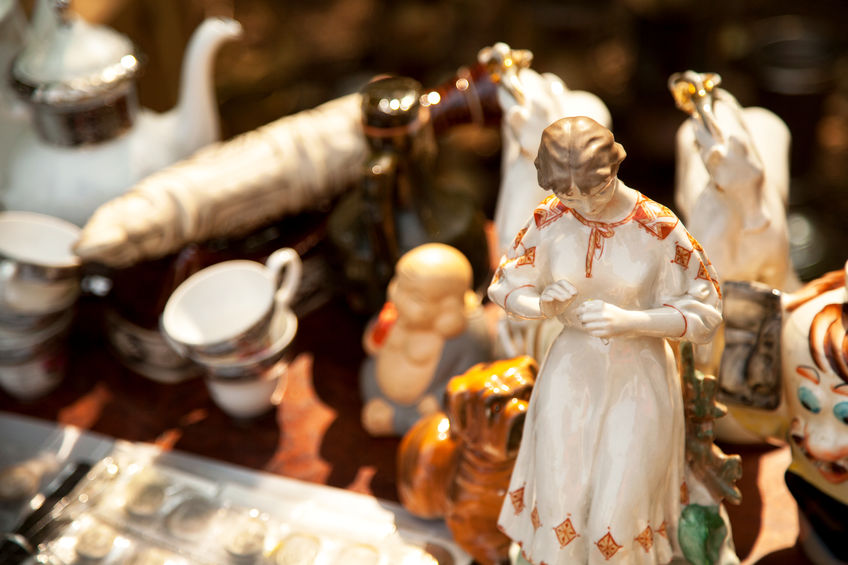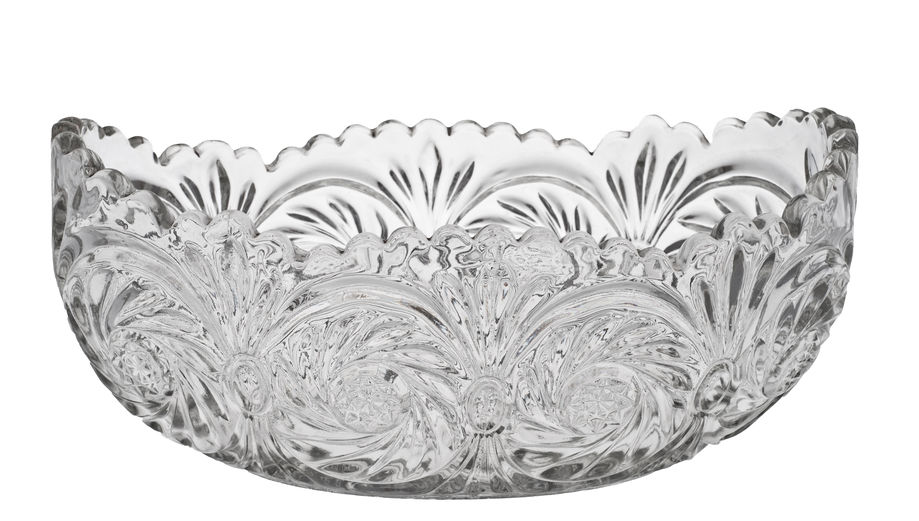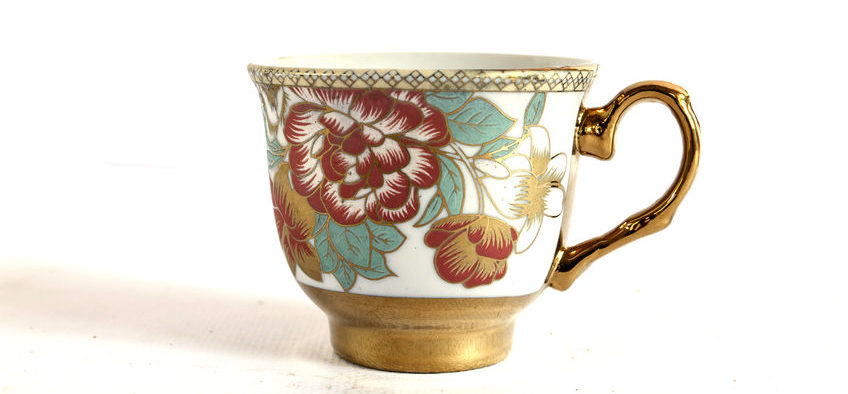Have you been spending time lately going through your “stuff and things” trying to decide what to give to or leave behind for your loved ones? Well, this may sound cold and heartless, but the fact is that, with rare exceptions, your kids don’t want your stuff.
As a Professional Organizer who often is brought in to clear an estate, I assist clients grieving a loved one’s death while overwhelmed by what’s been left behind in the home, cottage, storage unit and even the car. In most cases, people don’t want any more stuff to take back to their own already over-stuffed home.

Whether you’re preparing to downsize, reducing you possessions as you age, (read my post from last month), or you simply want to declutter your home, here are a few things to keep in mind:
- Collectable doesn’t mean valuable. Years ago, you may have collected Royal Doulton figurines, Bossons heads, Bradford Exchange plates and other collectables. Unfortunately, it’s not a collectable if there aren’t people collecting them. So what you invested hundreds of dollars on decades ago, may have depreciated in value. For example, a quick search on Google confirms that most Royal Doultons sell for around $25 each.
- Lower your expectations. Just because something is old, antique or vintage does not mean it’s worth anything. You can do a quick search online to see what similar or identical items, such as vintage Barbie dolls are selling for on Kijiji or eBay. Or have me assist you with this task: I work directly with antique experts who can appraise items and even help find buyers.
- Special-edition isn’t always special. Just because something has been marketed as “special edition” doesn’t necessarily add value to it. And limited-edition can apply to products that were mass produced, especially when it comes to contemporary artwork.
- The money was spent on that item a long time ago. Don’t spend your time, energy or even more money by keeping it.
CLUTTERFLY TIP: If you’re in need of a break sorting through your possessions, I highly recommend the book, “They Left Us Everything” by Plum Johnson. In her memoir, she shares her experience following the death of her elderly mother and having to empty the contents of the family home she grew up in to get it ready to sell. Think you have a lot of rooms to declutter or clear out? Plum was faced with the daunting task of sorting through 23 rooms bulging with decades of stuff accumulated by her incredibly eccentric parents!
The older generation is unloading these things and values have plummeted. Once you accept that your stuff isn’t worth as much as you may have estimated or hoped, it’s easier to let go of it. But what should you do with it?
- For starters, it there’s anything that you’d rather keep than sell (for next to nothing), make use of it. One of my clients put a few of her Royal Doulton figurines (that were being stored in their original boxes) out in her backyard like garden gnomes. She says when she sees them out amongst her flowers, they make her smile. Marie Kondo would approve – and so do I!
- Next, check with loved ones to see if there is anything that they’d like to have. Keep in mind that more people are working on getting rid of things, not acquiring them. So don’t take it personally, or worse, get in a fight over their not wanting your things. They may actually be overwhelmed by what they already have and might even be in the midst of decluttering their own home.
- Try selling items online and/or have a garage sale.
- Donate goods to an appropriate or worthwhile charity (I have a long list of great ones and can help you with this).
If you manage to make some money selling things that you’d originally planned on passing down to any of your children, consider either gifting them the cash or using it pay for a special experience with them, such as a mother-daughter spa day. Or set it aside for your winter vacation fund.

Ultimately, having less stuff means less to clean, less to maintain and less to stress over. Then when it comes time to downsize, you save on moving costs – since you’ll be hauling less to your new home. You might even be able to consider moving to a significantly smaller – and less expensive! – condo. So even if what you’re divesting of doesn’t immediately add up to very much money, it may turn out to save you a substantial amount in the long run.
It’s also important to make a plan early on for this life transition instead of having it forced upon you by serious illness or injury. Talk to me and I can help you make that plan and explain some of the options.

